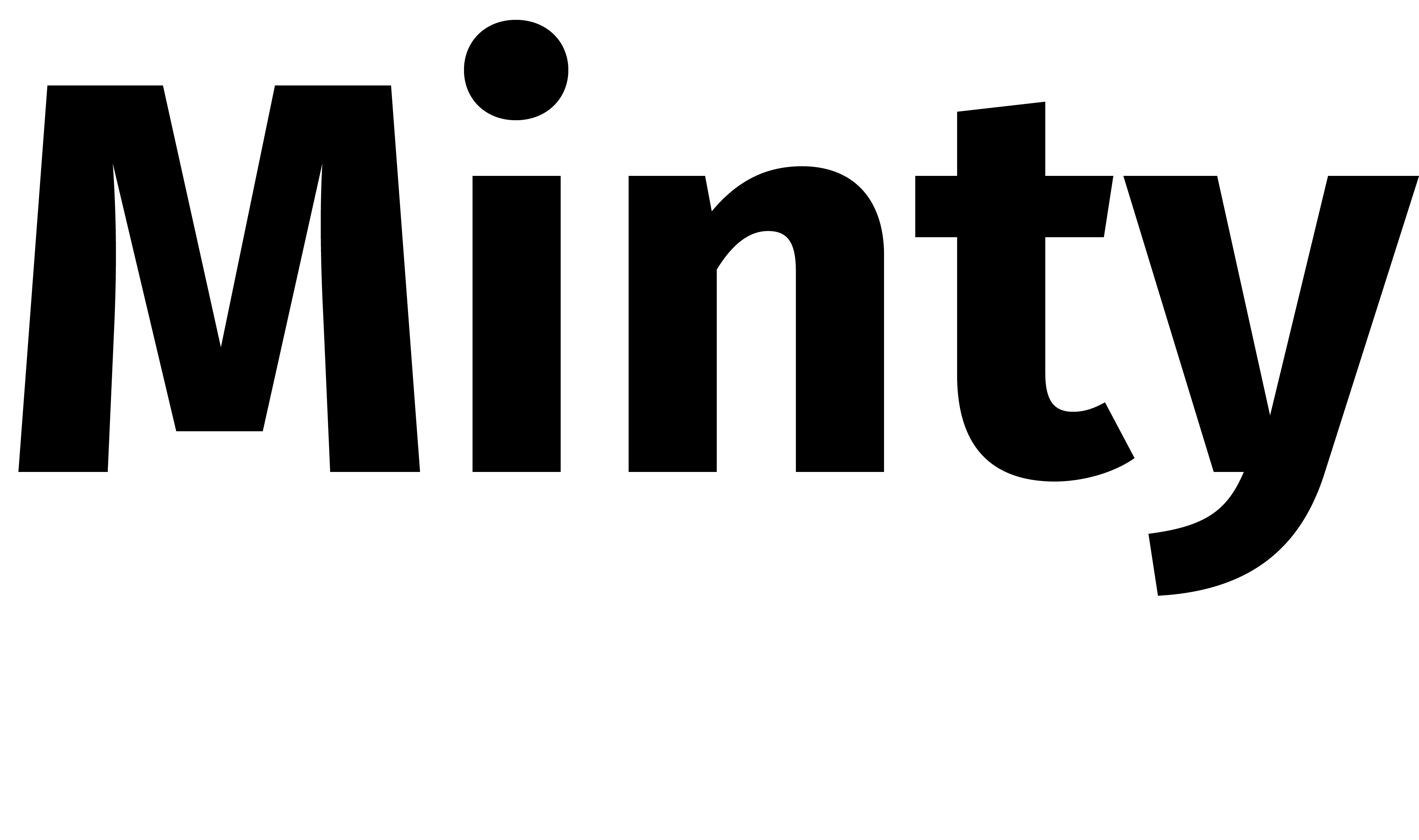
If you’re obtaining a mortgage to buy a house, then you could have two types of insurance, homeowners insurance and mortgage insurance. Homeowner’s insurance is sometimes referred to as hazard insurance. These policies cover damage to your property and losses you might suffer in a natural disaster, flood, break-in or other unexpected circumstance. Much like your car or health insurance, you file a claim when an event occurs, pay any deductibles or co-pays, and the insurance covers the costs of the rest. Despite its similar-sounding name, a mortgage insurance policy functions very differently.
About Mortgage Insurance
Home, car and health insurance protect you, the policyholder, in the event of loss. Mortgage insurance, on the other hand, protects the lender — not you or your property. Instead, these policies pay for the lender’s losses if you fall behind on your mortgage and fail to repay your loan. This protection lowers the risk for lenders, and it may even allow them to approve borrowers who wouldn’t have otherwise qualified.
Types Of Mortgage Insurance
Mortgage insurance is required on all FHA loans, and it’s sometimes required on conventional mortgages, too. The cost of this insurance varies. On conventional loans, you’ll only need private mortgage insurance (called PMI) if you make a down payment under 20% — and even then, not always. If your lender does require PMI, you can cancel the policy once you have 20% equity in your home. Freddie Mac estimates that PMI costs around $30 to $70 per month on conventional mortgages. With FHA loans, your premium will depend on your loan balance and your down payment size. You’ll also pay the premium both upfront — at closing — and monthly.
In some cases, you can cancel your FHA mortgage insurance (called MIP) after 11 years. For many borrowers, this insurance will be required for the entire loan term. If this is the case on your FHA loan, the only way you could remove the insurance is through refinancing.
Depending on what mortgage product you choose and how much you put down, you may very well need both home insurance and mortgage insurance. To find out exactly what insurance your home purchase will require, talk to your lender or loan officer. They should be able to tell you the costs of the insurance as well, so you can properly budget for these expenses before moving forward.











Yorumlar